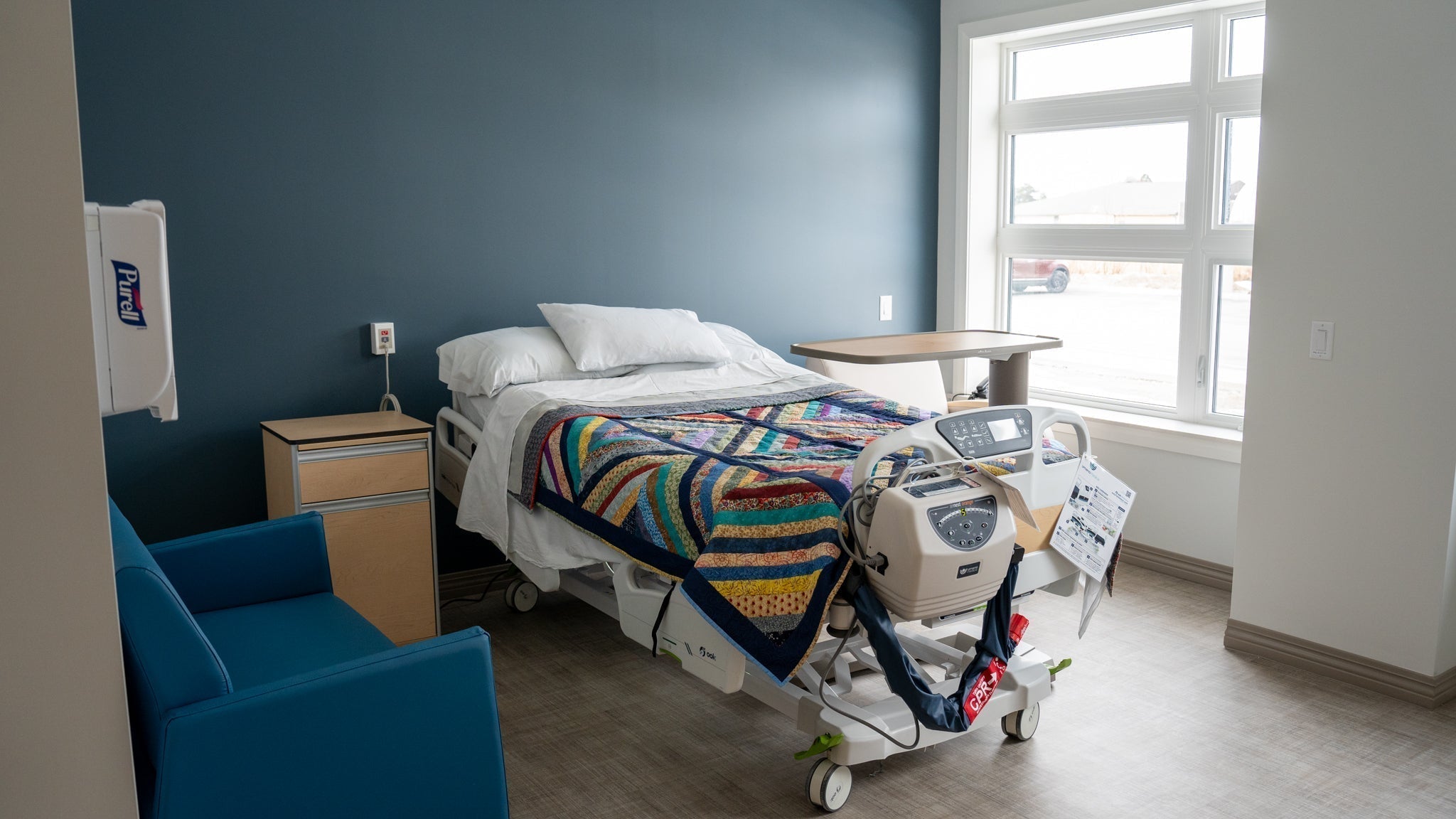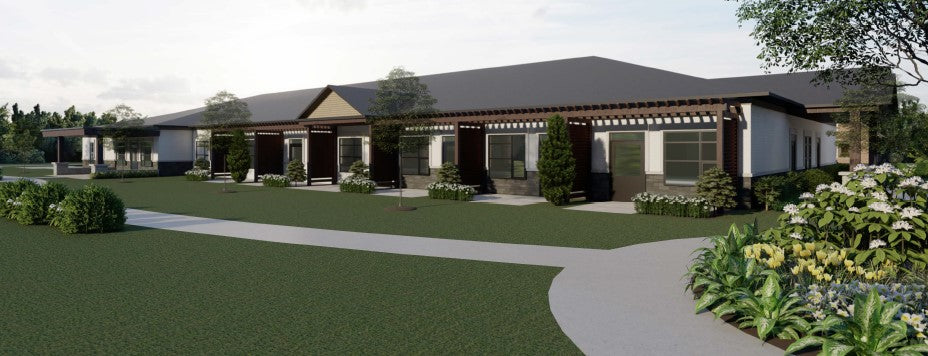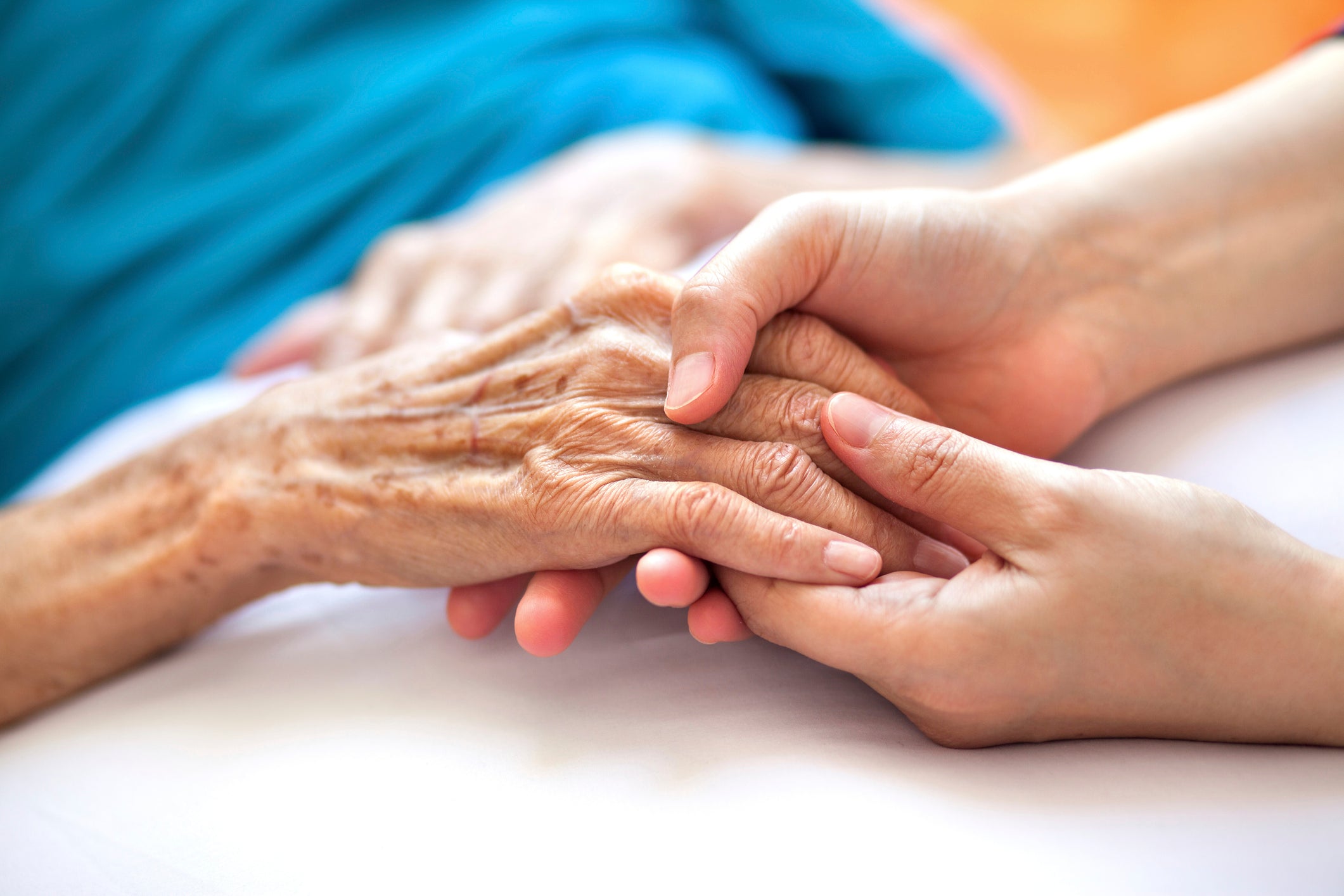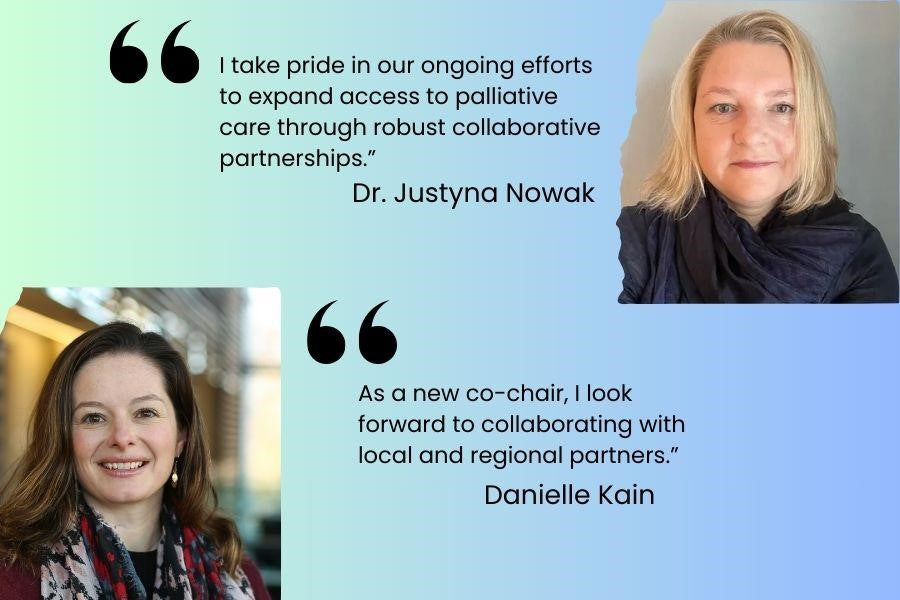
Palliative care helps people with serious and life-threatening illnesses live well. It improves quality of life, enhances dignity and wellbeing, reduces caregiver distress, facilitates the provision of goal concordant care, and reduces health-care costs. The FLA region has increased need for palliative care resources because it has an older population living multiple serious health conditions and higher death rates than the provincial average.
The Palliative Care Partnership Working Group is striving to improve this situation.

Current Challenges
- Access to palliative care is inadequate for many populations. those particularly underserved include: persons who are Indigenous, homeless and vulnerably housed, incarcerated, and those in rural and remote communities.
- There is a lack of palliative care for those who want to stay at home for their end of life journey, as well as a lack of access to specialist palliative care for more complex needs.
- Providers need better training and digital support to carry out the complex care for quality end of life.
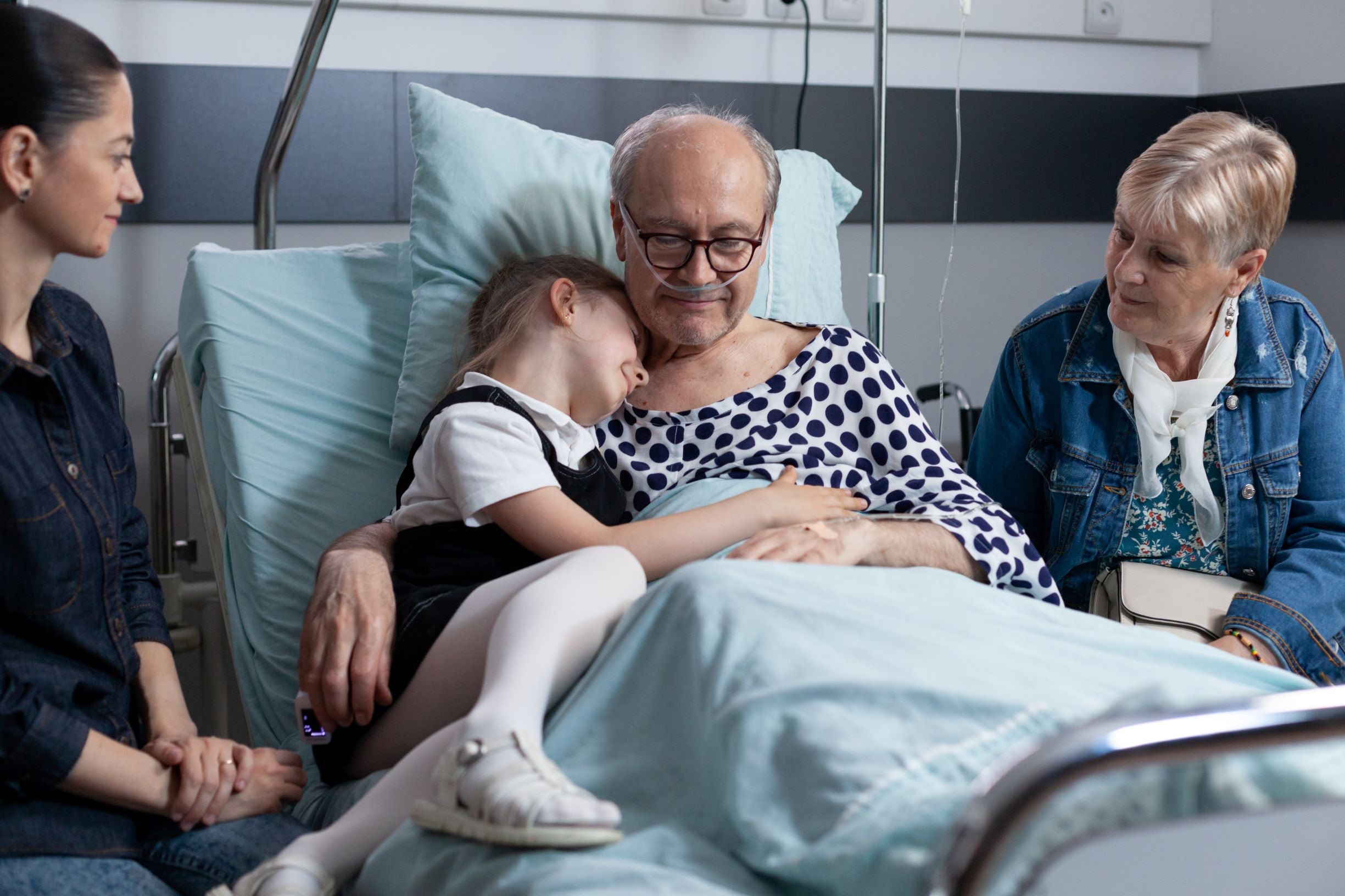
What we are working towards
Having a connected and equitable, community-based program for palliative care that will:
- enable people to remain in their homes and communities
- be accessible 24/7 with a palliative care resource nurse who will be a single point of contact for patients, families and other healthcare providers
- support providers with the training and tools needed
The Palliative Care Partnership is working with Health Homes and primary care providers to increase training and capacity for palliative care. This includes building a regional palliative care pathway for primary care providers.
Palliative Care Resources
For Patients & Caregivers
Community members can access many resources, such as advance care planning, palliative services, managing symptoms, bereavement supports, and much more.

For Health Care Providers
Providers can find many resources for advance care conversations, end-of-life care, assessment tools, DNR form, MAID, hospices, death certificate, and more.
Palliative Care Partnership Projects
New Model of Care:
The Palliative Care Partnership team has put together a business proposal that was endorsed by the FLA OHT and submitted to the Ministry of Health for funding to build:
- a new regional model of integrated palliative care based on national and provincial standards for palliative care
- a new role for palliative care resource nurses, who function as an added layer of support for patients, caregivers and the healthcare team as a single point of contact 24/7
Provider Training
Online and in person educational courses are being offered to provide practical tips for how to provide holistic palliative care in the region; the first course was led by Dr. Leonie Herx and Dr. Justyna Nowak in Winter 2021. Education programming is also being developed to address particular needs of Indigenous, incarcerated, and homeless/vulnerably housed people.
Digital Care Plan
An electronic coordinated palliative care plan is being developed so FLA health-care providers have a standardized way of identifying people who need palliative care and of coordinating care.
Quality Improvement
The Palliative Care Partnership has started working specific projects to improve palliative care in the FLA region. For example:
- Kingston Community Health Centre has partnered with Queen’s Palliative Medicine to start providing palliative outreach support to clients in need of palliative care at the Integrated Care Hub
- The Primary Palliative Care Capacity Building project has been able to match patients with palliative care needs, who lack a family doctor, to a primary palliative care provider
NEWS (scroll < >)
Meet the FLA OHT Palliative Care Clinical Coach
May 26, 2025. A Palliative Care Clinical Coach is a healthcare professional who provides expert guidance, mentorship, and support to healthcare teams across diverse care settings. Palliative Care Clinical Coaches collaborate with various community health organizations.
Hospice House provides compassionate end-of-life care
April 22, 2025. As a committed partner of the FLA OHT, Providence Care is helping advance one of our key priorities: supporting high-quality, compassionate end-of-life care. Providence Care’s AB Smith Homestead House officially opened on March 19.
Hospice Kingston Residence Construction Project
March 11, 2024. Construction is set to begin on Kingston’s first hospice residence. Centrally located in Providence Village at 1200 Princess Street, the ten suite residence will provide 24-hour care and support services in a comfortable, home-like setting to residents, their families and loved ones.
Palliative Care Working Group achievements in 2023
February 16, 2024. Palliative Care Working Group is dedicated to enhancing the quality of life for individuals facing serious illnesses and their families. Over the past year, the group has achieved notable success in three key ongoing projects.
Palliative Care Partnerships: exciting updates
February 2, 2023. As part of the FLA OHT’s ongoing commitment to working toward a more efficient, integrated and equitable health-care model, the Palliative Care Partnership is striving to have a connected, community-based program for palliative care.
Spotlight on Dr. Justyna Nowak
January 18, 2022. Learn more about Dr. Justyna Nowak, a family physician at Greenwood Medical Centre, who also cares for long term care. She speaks about her work, her passion and her connection with the FLA OHT.

Who's involved?
Community members, hospice agencies, long term and community care organizations, academics, primary care teams, palliative care specialists and municipalities from across the region are working together.
Community members may include people with lived experience of palliative care, family, caregivers, Indigenous urban and rural locations, spiritual health, and others.



